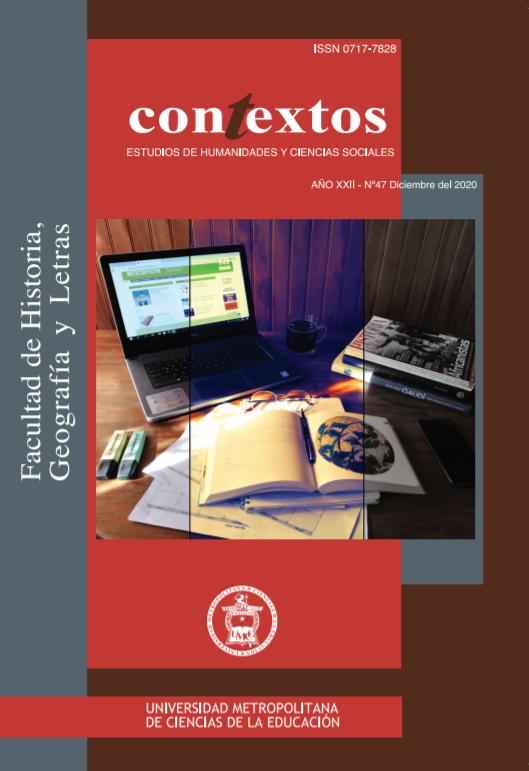Contenido principal del artículo
dic 28, 2020
Resumen
El mal radical y la banalidad del mal son las dos formas en que Arendt ha catalogado al mal. En relación con dicha temática, los juicios de Auschwitz no han sido objeto de profundos análisis tanto en lo que respecta a la obra arendtiana como a la literatura crítica. Este trabajo analiza si el tipo de mal evidenciado durante los mencionados juicios fue la réplica de una tipología de maldad con antecedentes legales y, por lo tanto, es correcto dejarlo al margen de los estudios sobre el mal acaecido durante los regímenes totalitarios, o si solo puede ser comprendido en relación con el contexto en el que tuvo lugar.
Descargas
Política propuesta para revistas que ofrecen acceso abierto
Aquellos autores/as que tengan publicaciones con esta revista, aceptan los términos siguientes:
- Los autores/as conservarán sus derechos de autor y garantizarán a la revista el derecho de primera publicación de su obra, el cuál estará simultáneamente sujeto a la Licencia de reconocimiento de Creative Commons que permite el uso de este material siempre que se indique su autoría y la fuente original de su publicación (URL de la revista), no se use con fines comerciales y sin derivaciones de la obra original.
- Los autores/as podrán adoptar otros acuerdos de licencia no exclusiva de distribución de la versión de la obra publicada (p. ej.: depositarla en un archivo telemático institucional o publicarla en un volumen monográfico) siempre que se indique la publicación inicial en esta revista.
- Se permite y recomienda a los autores/as difundir su obra a través de Internet (p. ej.: en archivos telemáticos institucionales o en su página web) antes y durante el proceso de envío, lo cual puede producir intercambios interesantes y aumentar las citas de la obra publicada. (Véase El efecto del acceso abierto).






